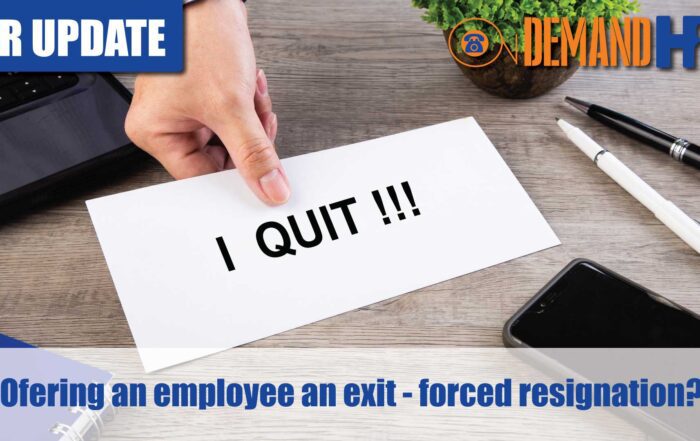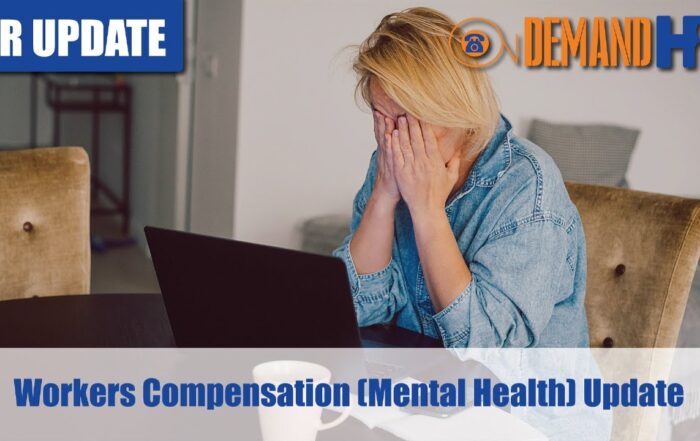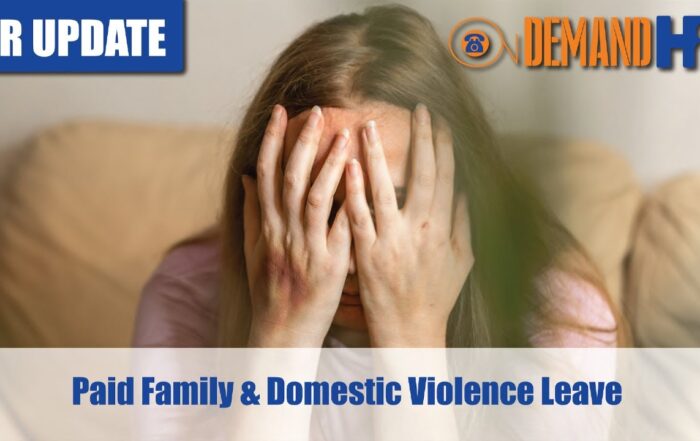Taking you behind the scenes here at On Demand HR, one thing that we love to do is put hypothetical scenarios to the team and thrash them out internally. We had one such discussion concerning the new paid Family & Domestic Violence leave the other day and thought that it would be worth sharing with our broader audience.
The scenario was an employee requested 3 weeks off work to deal with their affairs following discovering that their long-term partner was cheating on them. Now whilst the employee did not apply for Family & Domestic Violence Leave nor is it our obligation as a business to advise employees on which type of leave is best for them, the hypothetical discussion we had internally was:
In the context of the new legislation, does cheating qualify as abuse and accordingly would this leave then qualify for Family & Domestic Violence leave.
To form a view on this, we turn to the legislation, and to be clear here as this is new legislation, these types of scenarios have yet to be tested and therefore we can only posture a view. We looked to section 106B of the act which defines Family & Domestic Violence as:
“violent, threatening or other abusive behaviour by a close relative of an employee , a member of an employee’s household, or a current or former intimate partner of an employee, that:
(a) seeks to coerce or control the employee; and
(b) causes the employee harm or to be fearful.”
Now on the first statement, we feel that it is debatable in the context of Family and Domestic Violence if cheating constitutes abuse. We also feel that it is fairly clear in the contest of (b) that cheating does cause the employee harm.
However, ultimately our view that an employee dealing with a cheating situation does not qualify for Family & Domestic violence leave was shaped by a single word in the legislation – “and”
We do not believe in isolation (of course there may be other factors involved) seeks to coerce or control the employee. Therefore if condition (a) fails then cheating will not qualify as Family & Domestic violence for the purposes of the Fair Work Act. Please note that it is possible that other legislation may have a different definition.
But over to you now, what are your thoughts – does (or should) cheating be counted as Family & Domestic violence for the purposes of that Fair Work Act & paid leave?






